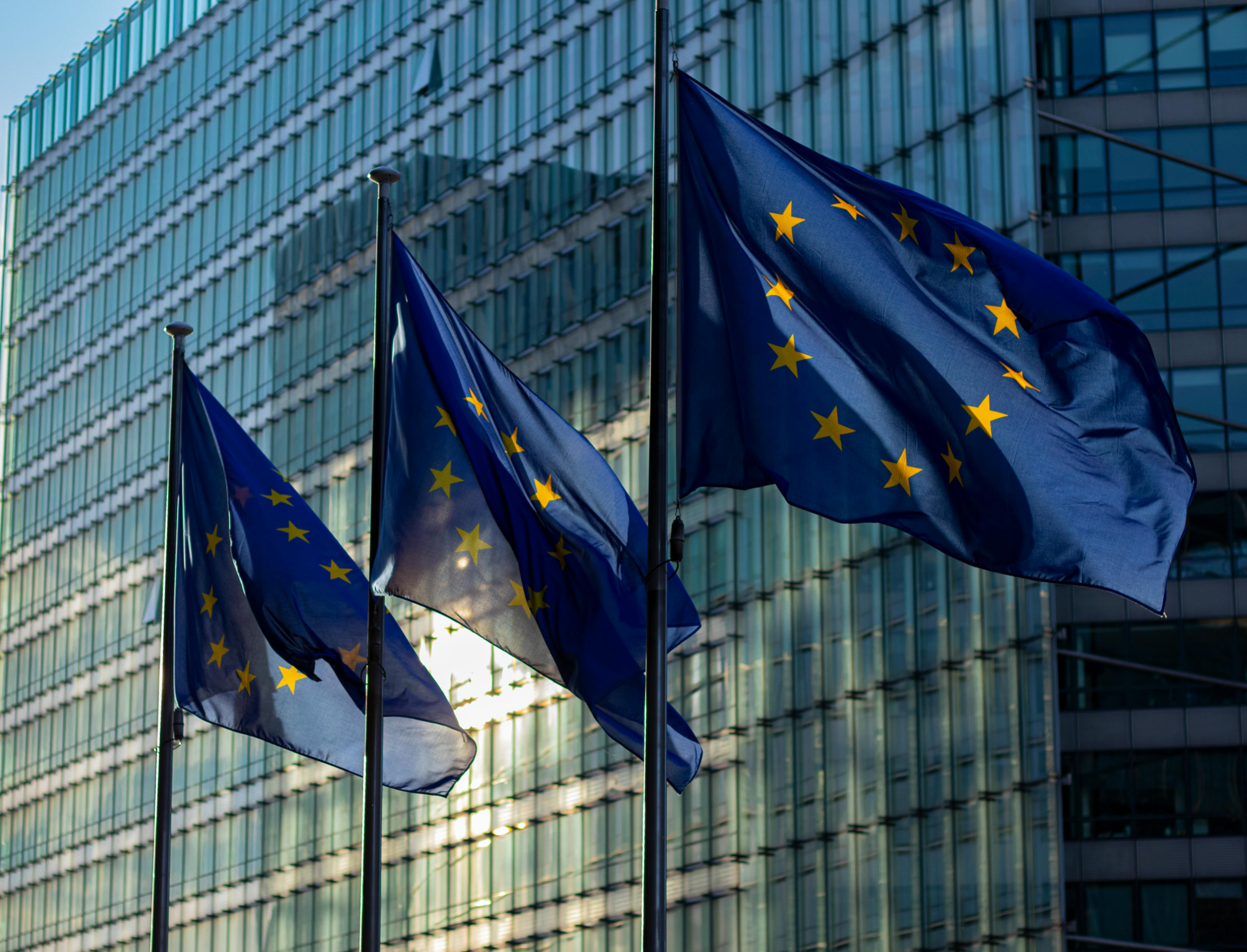
The Commission is setting up a new Climate City Capital Hub, an international finance resource to further support cities participating in the EU Mission on Climate-Neutral and Smart Cities.
Thanks to the new hub, cities that have already received the EU Cities Mission Label will be able to:
- Access financial advice in cooperation with advisory services of the European Investment Bank (EIB);
- Structure their financial needs so they understand various ways of funding projects, including pooling of projects; and
- Introduce projects to a range of capital providers, including lenders and investors from the public and private sectors (such as philanthropic and corporate capital, as well as innovative financing like crowdfunding and sustainability-linked bonds), and support the process to deal closure.
Complementing EIB services, the Climate City Capital Hub will be created with the support of both the EU Mission on Climate-Neutral and Smart Cities Mission and the EU Mission on Adaptation to Climate Change. Its particular focus will be on engagement with private capital. For cities that signed both the Charter of the Mission on Climate Adaptation and have received the EU Cities Mission Label, the services will cover both mitigation and adaptation projects, taking a holistic approach to tackle climate change.
The hub will be run by the Commission’s Cities Mission implementation platform, which is currently managed by the project NetZeroCities. The Commission announced its creation at the 2024 Cities Mission conference held in Valencia on 25 and 26 June.
In addition, the EIB has earmarked a lending envelope of €2 billion dedicated to cities with the Cities Mission Label to support their plans to invest in energy, efficient buildings, district heating systems, renewable energy, sustainable mobility, urban renewal and regeneration, water and social infrastructure. It reinforces the EIB support to labelled cities and adds a dedicated finance facility to advisory services.
Next Steps
So far, 33 cities have been awarded the Label of the EU Mission for Climate-Neutral and Smart Cities: 10 in October 2023 and 23 in March 2024. The label is an important milestone in the cities’ work. It acknowledges successful development of Climate City Contracts, which outline the cities’ overall vision for climate neutrality and contain an action plan as well as an investment plan. Cities co-create their Climate City Contracts with local stakeholders including the private sector and citizens. From the 33 Investment Plans that have been submitted so far, approximately €114.1 billion have been budgeted for climate actions – on average €3.6 billion per city. Currently, the Commission is reviewing another 23 Climate City Contracts.
In parallel, the EU Mission for Climate-Neutral and Smart Cities has also collected more than 200 solutions that will help cities on their way to climate neutrality. The solutions cover from A – “Advanced Renovation Support” to Z – “Zero Emission Buses” and can be found in the Knowledge Repository.
Background
Cities account for more than 70% of global CO₂ emissions and consume over 65% of the world’s energy. Urban action is crucial for climate mitigation and can contribute significantly to accelerating the efforts to achieve the legally binding commitment to achieve climate-neutrality in the EU as a whole by 2050, as well as to the EU’s target of reducing greenhouse gas emissions by 55% by 2030 and more generally delivering the European Green Deal. The EU Cities Mission aims to help European cities become climate-neutral, offering cleaner air, safer transport and less congestion and noise to their citizens.
In April 2022, 100 cities in the EU and 12 cities in countries associated to Horizon Europe, the EU research and innovation programme, were selected to participate in the Mission. They are testing innovative cross-sectoral approaches including for citizen engagement, stakeholder management and internal governance to accelerate their path to climate neutrality. This makes them experimentation and innovation hubs to enable all European cities to follow suit by 2050.






